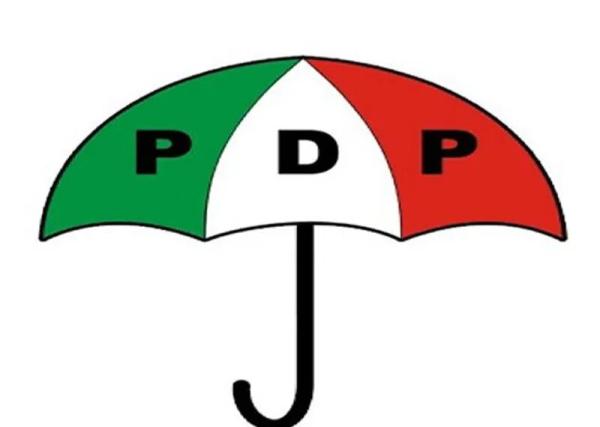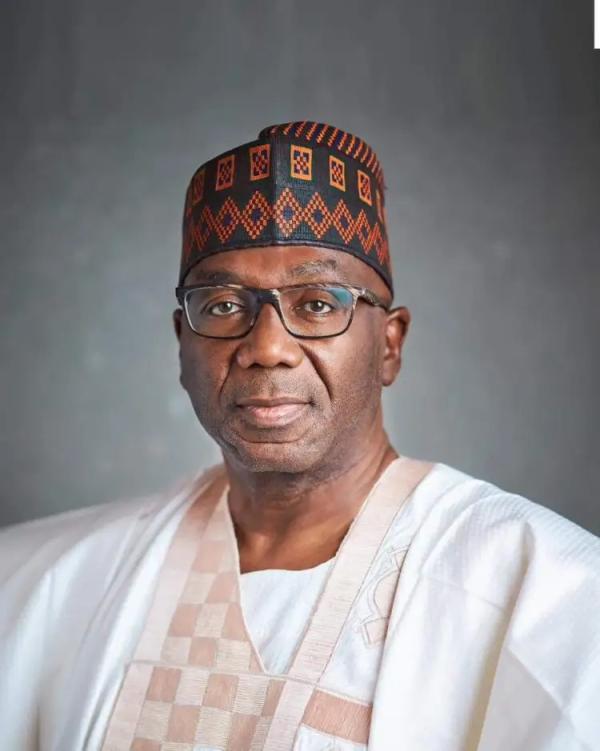
South Africa’s new unity government under President Cyril Ramaphosa began being sworn in during a televised ceremony in Cape Town on Wednesday following weeks of coalition haggling.
Ahead of the 32 ministers making up the cabinet, Paul Mashatile, who has been re-appointed deputy president, was the first to take the oath.
On Sunday, Ramaphosa, 71, unveiled his highly anticipated coalition government, which includes the leader of the former main opposition party and sees the number of ministries rise from 30 to 32. There are also 43 deputy ministers.
His African National Congress (ANC), which has governed since the advent of democracy in 1994, sought to form a government of national unity after losing its outright parliamentary majority in May 29 elections.
The historied party keeps 20 cabinet positions, including foreign affairs, finance, defence, justice and police.
Its largest coalition partner and long-time critic, the Democratic Alliance (DA), will head six ministries, including agriculture, public works and communication.
DA leader John Steenhuisen, 48, was appointed agriculture minister.
Along with his party, he has criticised the ANC for failing to tackle high violent crime rates, a lacklustre economy and a crippling energy crisis.
The Zulu nationalist Inkatha Freedom Party, anti-immigration Patriotic Alliance, right-wing Afrikaans party Freedom-Front Plus and other smaller parties will hold six cabinet positions between them.
The new government heralds a pragmatic shift to the centre right, bringing hope for better governance but also cohesion fears.
Ramaphosa has been under fire from opposition and business leaders over the number of ministers, with fears that the government will become immobilised and a waste of taxpayers’ money.
The opposition leftist Economic Freedom Fighters voiced concern “that this cabinet has been increased and bloated, signalling more pressure on taxpayers”.






















